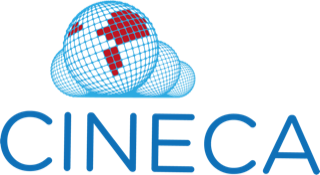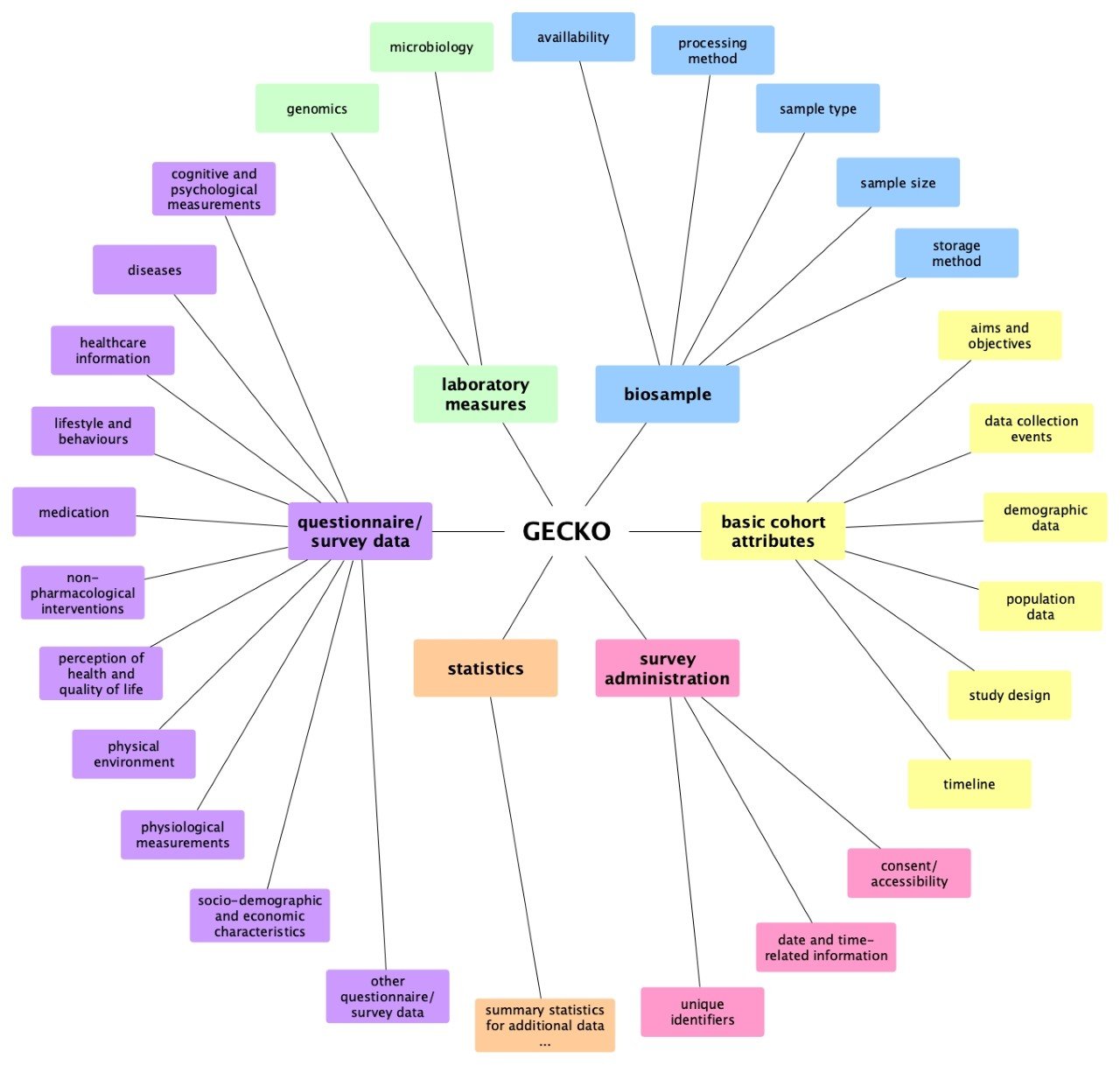Date: 31st March 2022
Time: 16:00-17:00 CEST
Location: Online
Slides: CINECA_Webinar_slides_Bringing_it_all_together.pdf
Contact: Vera Matser, Marta Lloret Llinares
Overview
The CINECA webinar series continues with a presentation by Dr Melanie Courtot, from the Ontario Institute for Cancer Research (OICR).
The ability to integrate and harmonise diverse, large human cohort data at scale promises exciting research perspectives and applications. This webinar provides a high-level introduction to some current standards for data representation and access, and tools leveraging them. Finally, we explore how modular assembly of tools and standards enables deployment of Findable, Accessible, Interoperable and Reusable (FAIR) data and showcase applications that “bring it all together”.
The CINECA webinar series aims to discuss ways to address common challenges and share best practices in the field of cohort data analysis, as well as distribute CINECA project results. All CINECA webinars include an audience Q&A session during which attendees can ask questions and make suggestions. Please note that all webinars are recorded and available for posterior viewing.
Target audience
Researchers or scientists working with cohort data
Service providers or research staff responsible for the (data) management of cohort data
About the speaker
Melanie Courtot is Director of Genome Informatics and incoming Principal Investigator at the Ontario Institute for Cancer Research (OICR). Her team develops new software, databases and other necessary components to store, organize and compute over the large and complex datasets being generated by OICR’s cancer research programs. Dr Courtot is passionate about translational informatics - building intelligent systems to gain new insights and impact human health. She co-leads the Data Use and Cohort representation groups for the Global Alliance for Genomics and Health (GA4GH), as well as cohort harmonization efforts for Common Infrastructure for National Cohorts in Europe, Canada, and Africa (CINECA), the International HundredK+ Cohorts Consortium (IHCC) and the Davos Alzheimer's Collaborative.
Prior to joining OICR in January 2022, Dr Courtot was the metadata standards coordinator for the archival and infrastructure team at the European Bioinformatics Institute (EMBL-EBI), where she designed tools to streamline multi-omics submissions and develops integrated metadata strategies across the institute’s archival resources and other projects such as FAIRPlus, focusing on data quality, semantic enrichment, and standardization for pharmaceutical and cohort data respectively.
Melanie can be found twitter, @mcourtot, where she often posts about science, equity and diversity, food and silly things she or her children do.
ABOUT CINECA
The CINECA (Common Infrastructure for National Cohorts in Europe, Canada, and Africa) project aims to develop a federated cloud enabled infrastructure to make population scale genomic and biomolecular data accessible across international borders, to accelerate research, and improve the health of individuals across continents. CINECA will leverage international investment in human cohort studies from Europe, Canada, and Africa to deliver a paradigm shift of federated research and clinical applications. The CINECA consortium will create one of the largest cross-continental implementations of human genetic and phenotypic data federation and interoperability with a focus on common (complex) disease, one of the world’s most significant health burdens. CINECA has assembled a virtual cohort of 1.4M individuals from population, longitudinal and disease studies. Federated analyses will deliver new scientific knowledge, harmonisation strategies and the necessary ELSI framework supporting data exchange across legal jurisdictions enabling federated analyses in the cloud. CINECA will provide a template to achieve virtual longitudinal and disease specific cohorts of millions of samples, to advance benefits to patients. It will leverage partner membership of standards and infrastructures like the Global Alliance for Global Health, BBMRI, ELIXIR, and EOSC driving the state of the art in standards development, technical implementation and FAIR data.


